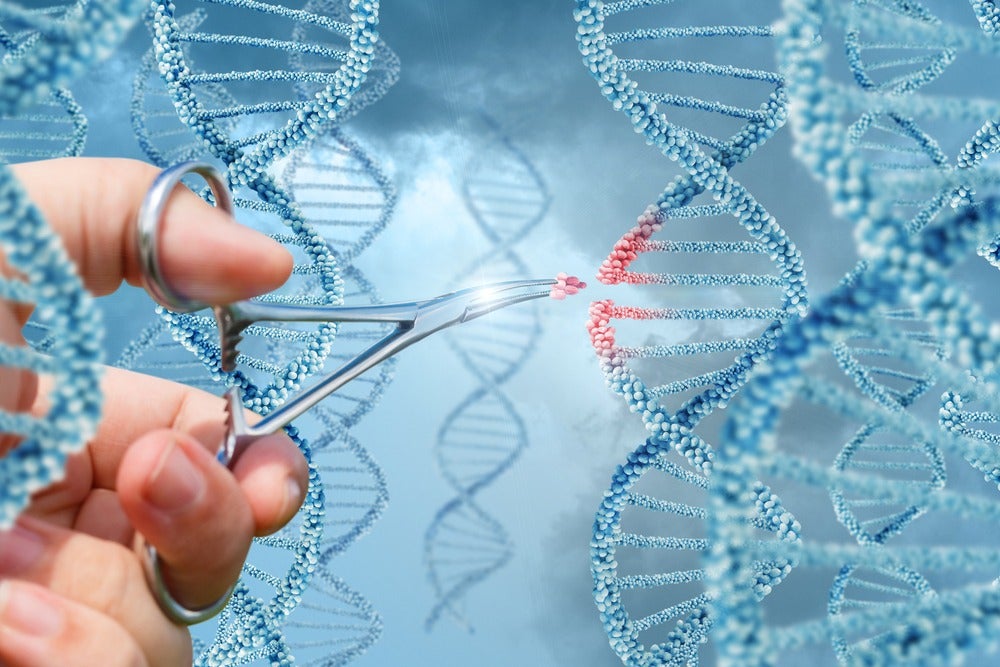GlobalData analysed the number of gene therapy clinical trials with a start date between 1 January 2014 and 31 December 2018. Gene therapy involves the delivery of genetic material into patients for therapeutic purposes. In recent years, there have been several promising clinical trial results within this field targeting an array of inherited neurodegenerative disorders, genetic diseases and various cancers.
Most popular gene therapies
From 2014–2018, four of the top five therapeutics frequently investigated in clinical trials were CD19-targeting agents, highlighting the promising nature of this strategy. CD19 remains an optimal target due to its wider range of expression relative to targets such as CD20 and CD22, as well as frequent expression across the vast majority of B-cell malignancies.
Furthermore, its expression on normal cells is limited to the B-cell lineage. These top four drugs predominantly investigate hematological malignancies. Novartis’ Kymriah (tisagenlecleucel), Kite’s Yescarta (axicabtagene ciloleucel), and Innovative Cellular Therapeutics’ ICTCAR-003 are all chimeric antigen receptor (CAR) T cell therapies in which a patient’s T cells are extracted and implanted with CAR cells, producing a CAR T-cells. The CAR T cells are then replicated and delivered back to the patient via infusion.
For tisagenlecleucel, Novartis sponsors the vast majority of clinical trials (53.0%) under the brand name Kymriah, with the majority of trials targeted against acute lymphocytic leukemia. For axicabtagene ciloleucel, the majority of trials (53.3%) are sponsored by Kite under the brand name Yescarta, with a focus on diffuse large B-cell lymphoma. For ICTCAR-003, Innovative Cellular Therapeutics is the main sponsor of the trials (40.0%), but its involvement as a collaborator with institutions (47.0%) outnumbers the instances where it serves as the main sponsor. ICTCAR-003 focuses primarily on acute lymphocytic leukemia. Bellicum Pharmaceuticals sponsors the majority of studies utilizing its rimiducid + rivogenlecleucel (83.3%), with a focus on improving outcomes in patients receiving allogeneic hematopoietic stem cell transplantation in the treatment of hematological malignancies and inherited blood disorders. The drug aims to address the prominent causes of morbidity and mortality in patients without a human leukocyte antigen (HLA)-matched related donor.
Figure 1: Top gene therapy drugs, 2014–2018


US Tariffs are shifting - will you react or anticipate?
Don’t let policy changes catch you off guard. Stay proactive with real-time data and expert analysis.
By GlobalData




